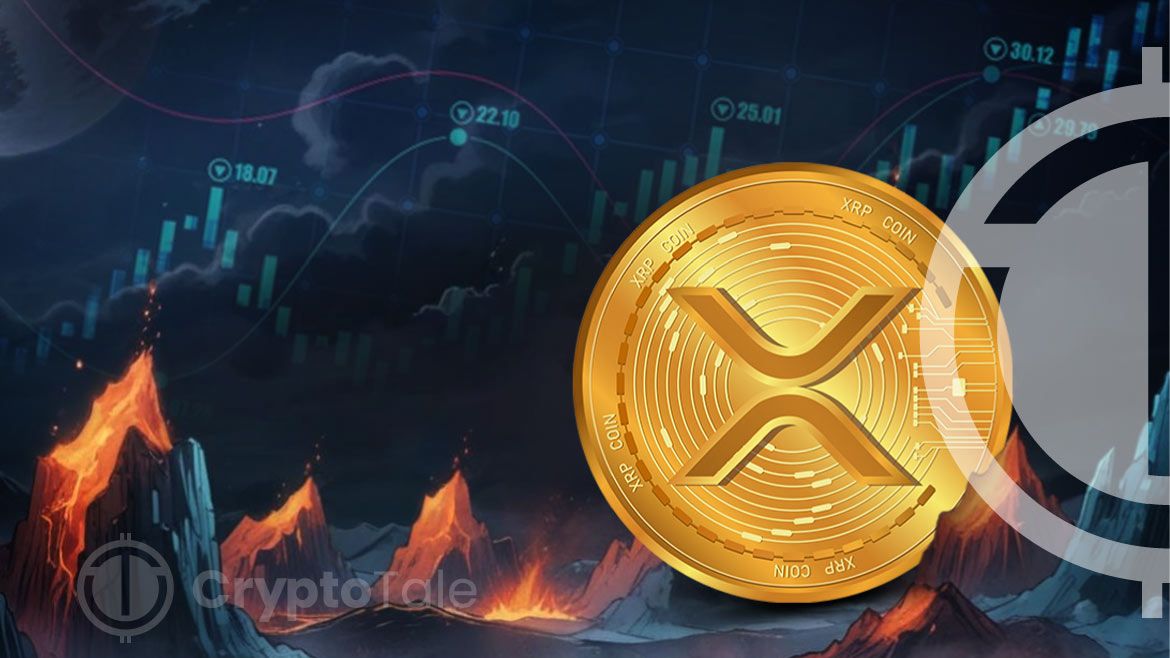- XRP’s chart shows a pattern similar to its 2017 bull run, indicating a potential breakout after a consolidation phase around the 0.5 FIB level.
- The current price of XRP is $0.6019, with a market cap of $33.6 billion, showing a 10.74% increase over the past week.
- Historical trends and technical indicators suggest XRP might be nearing the end of a shakeout phase.
XRP may be on the brink of a significant price movement, reminiscent of its 2017 rally. The latest chart analysis posted by Crypto Barbie suggests that the current market structure mirrors the 2015-2017 pattern, with key indicators pointing towards a potential breakout. As XRP traders brace for the next big move, historical trends and technical indicators provide crucial insights into what might lie ahead.
In the period from 2015 to 2017, XRP experienced a notable price surge, followed by a significant correction. The chart shows that during this time, XRP reached the top Fibonacci (FIB) level before undergoing a correction. Subsequently, the price retraced to the 0.5 FIB level, indicating a consolidation phase. Notably, this phase included a shakeout, where prices dipped significantly before the next bull run began. This pattern is characterized by a symmetrical triangle formation, which often precedes a significant price movement.
The current price action from 2020 to 2024 appears to follow a similar trajectory. XRP experienced a substantial price rise, reaching the top FIB level before entering a consolidation phase around the 0.5 FIB level. The chart indicates a potential shakeout phase currently in progress, analogous to the one observed before the 2017 bull run. This phase is critical as it often precedes a breakout. The symmetrical triangle formation observed in the current pattern further supports the likelihood of a significant price movement in the near future.
Key Support and Resistance Levels for XRP: Is $0.64 the Next Big Breakthrough?As of press time, XRP is priced at $0.6019, with a 24-hour trading volume of $1,954,911,193. This marks a slight decline of 0.23% over the past 24 hours but a notable increase of 10.74% over the past week. With a circulating supply of 56 billion XRP, the cryptocurrency holds a market cap of $33,617,072,903.
Over the past seven days, XRP has outperformed the global cryptocurrency market, which saw a 3.00% increase. Moreover, XRP’s performance stands out among similar FTX Holdings cryptocurrencies, which have remained relatively stable.












